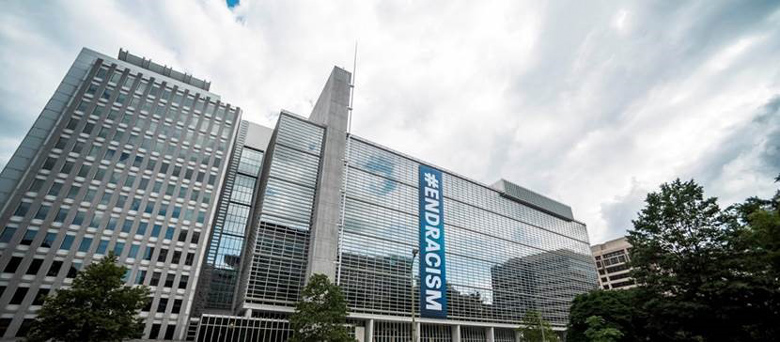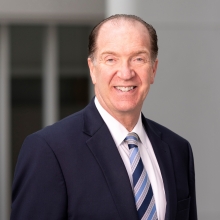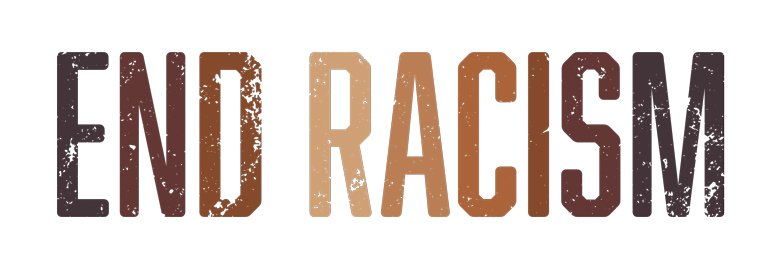Staff Survey on Race
To gather evidence to inform its work, in July 2020 the Task Force launched the first-ever Bank Group staff survey specifically focusing on race, with assistance from PricewaterhouseCoopers. With a high level of staff participation – about 70 percent – the survey also generated over 6,000 comments on overall perceptions, personal experiences, and institutional actions. Results were shared with staff in September, and an online discussion forum launched in October for staff to share views and ask questions.
Task Force Recommendations
The mandate of the Anti-Racism Task Force is to submit recommendations to the president and senior leadership, for decisions on which of these to adopt or modify. Management is responsible for prioritizing, resourcing, and implementation.
With inputs from around the organization, the Task Force delivered 80 recommendations in Phase 1, which focused on issues in the workplace. Themes include conflict resolution, culture, training, managerial accountability, career management, and recruitment. Recommendations seek to raise awareness, strengthen knowledge, and mitigate instances of racism and racial discrimination, while providing spaces for staff to flag issues, help level the playing field for career opportunities, and foster an inclusive workplace composition and culture.
Several foundational recommendations have been implemented, including the launch of the new World Bank Group Anti-Racism Charter and the creation of three key staff positions to tackle racism and racial discrimination and support staff as needed.
Phase 2 has an external focus, looking at the Bank Group’s development work and community engagement. With broad input from staff, the Task Force will submit further recommendations to the president and senior leadership.
Changing Culture and Behavior
Because racism and racial discrimination are long-standing, complex issues, addressing them in a meaningful and sustainable way cannot be a “quick fix.” Many recommendations that involve culture and behavior change need time to take root and become part of the institution’s DNA. As Sandie Okoro notes, “this is a marathon, not a sprint.”
The Task Force is also supporting the role staff can play to stand up against racism and racial discrimination in the workplace and beyond. Resources developed for staff include a glossary of common terms used in conversations on race, and a guide to help ensure that conversations are respectful and constructive. Virtual events have connected staff with speakers including Isabel Wilkerson, Heather McGhee, Rahul Dubey, Patrick Hutchinson, and Ibram X. Kendi.
Helping Local Communities
The Bank Group is also exploring ways of extending the anti-racism efforts to communities where we operate. Among those underway, the workplace giving program, Community Connections, has expanded the number of participating charities that focus on ending racism and expanding economic opportunity for Black, Indigenous, and People of Color.
In addition, the Bank Group has launched Minority Business Enterprise, a corporate procurement initiative aimed at boosting engagement with local minority-owned businesses.
A Commitment to Results
As President Malpass has stated, ”All of us at the World Bank Group stand together in our commitment to the goal of racial equality, as individuals and as an institution, and to ending the scourge of racism.”
Through its recommendations and efforts to raise awareness, the Task Force is helping pinpoint how all staff at the Bank Group can make a difference in our workplaces, development work, and communities. And across the institution, many staff are finding effective ways to discuss racial equity and address issues of racism and racial discrimination in their own teams and with colleagues.
While changing culture and behavior takes time, these efforts are part of a long-term commitment to progress. As Sandie Okoro has said, “We must all stand together – and with the international community – to ensure that racial equality is integral to our workplace and communities, where each of us can feel respected, safe, and valued.”




